Students set up camp at Ireland’s Trinity College in solidarity with Palestine
Pro-Palestinian students protesting against Israel’s war on Gaza have set up a camp on the campus of Ireland’s Trinity College urging the university to cut ties with Israel after the same protests rocked US campuses for weeks.
Student activists described the protest, which began on Friday, as a “solidarity encampment with Palestine.”
On Saturday, dozens of students pitched tents on one of the main squares at the university, which is a Dublin tourist attraction and barricaded the main entrance to the site, and piled benches in front of a library that contains the famous Book of Kells medieval manuscript.
President of the university’s student union, Laszlo Molnarfi, told Irish public broadcaster RTE on Friday that the students demand the university sever any relationships it has with Israel and end the Israeli war on Gaza.
“We tried engaging, we sent open letters, we gathered petitions,” Molnarfi said. “When we got no engagement, we began to protest.”
“The Book of Kells is now closed indefinitely,” he said in his post on the X social media platform on Friday.
“No business as usual during a genocide,” he added.
Till now, hundreds of students have joined Trinity College’s Boycott Divestment Sanctions society.
On Thursday a group of around 30 Trinity students disrupted a meeting billed as a consultative forum for staff.
Several Irish campuses' student unions have been implacable in their support for Palestine and the people of Gaza since the Israeli war machine launched its genocide on October 7, killing more than 34,600 people, mostly women and children.
Columbia University became the driving force behind protests over the war in Gaza, with students demanding that their universities divest from companies that they say “benefit from the genocide” in Gaza and disclose existing investments.
Students set up an encampment at the university campus on April 17 the same day university president Nemat Shafik was called for questioning before Congress.
Shafik strongly denounced anti-Semitism at the congressional hearing and the next day called New York City police to Columbia’s campus to disband the protest encampment and arrest more than 100 protesters.
Following the arrests at Columbia, the US has seen an explosion in student activism that is being compared to the anti-war protests of the late 60s and the 70s, when the Vietnam War raged, and campuses became epicenters of opposition.
Iran plans to increase defense exports by 50%: Official
‘Israel on losing end in Gaza war’: Ex-Mossad deputy chief
New Caledonia unrest: Death toll rises to six as France deploys more troops
Fighting rages in Rafah amid intensified Israeli bombardments
VIDEO | Clashes in Paris as firefighters unions protest working conditions
US lawmakers pass bill to overturn halt to arms transfer to Israel
More than half of US states join campus movement
Over 600 mosques destroyed in Israeli strikes on Gaza since Oct.


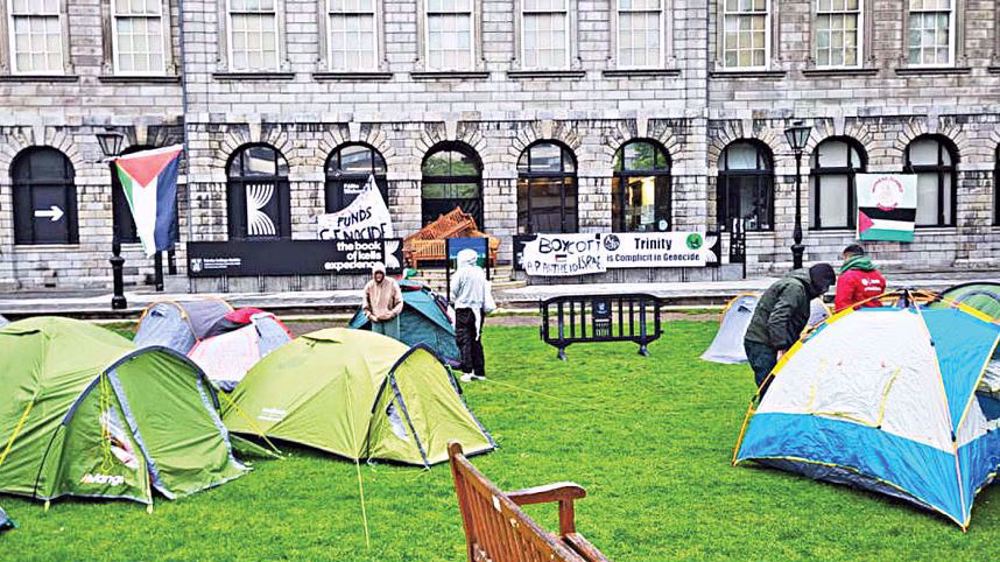
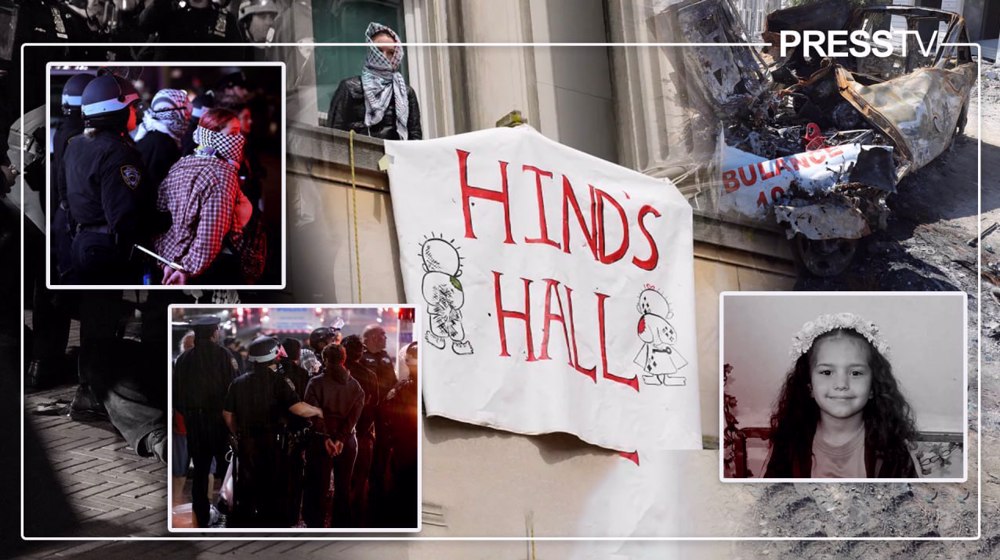
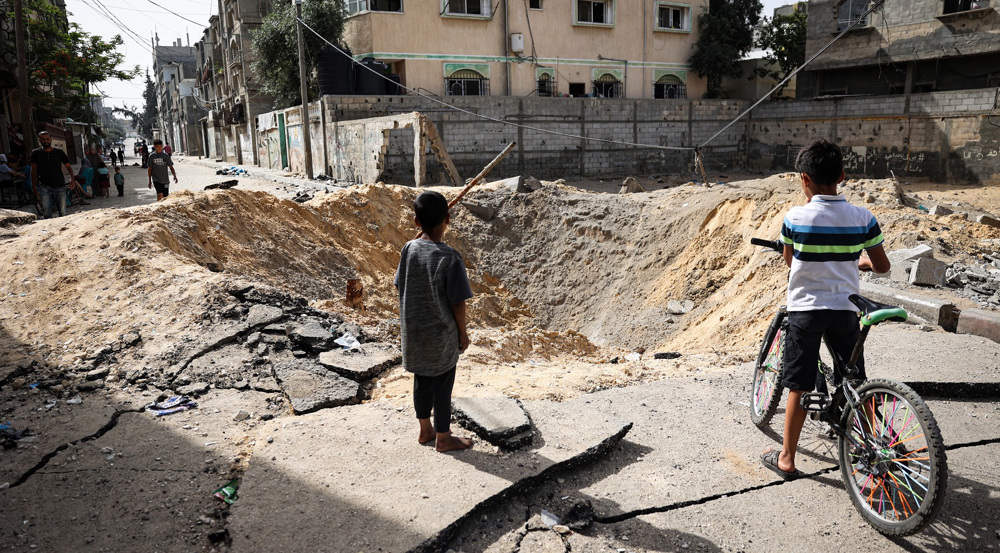
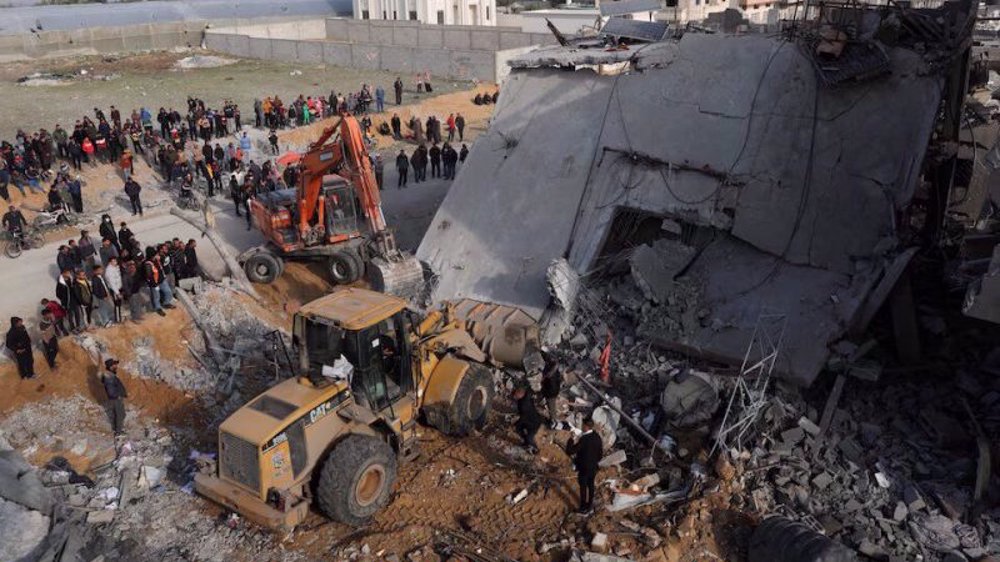
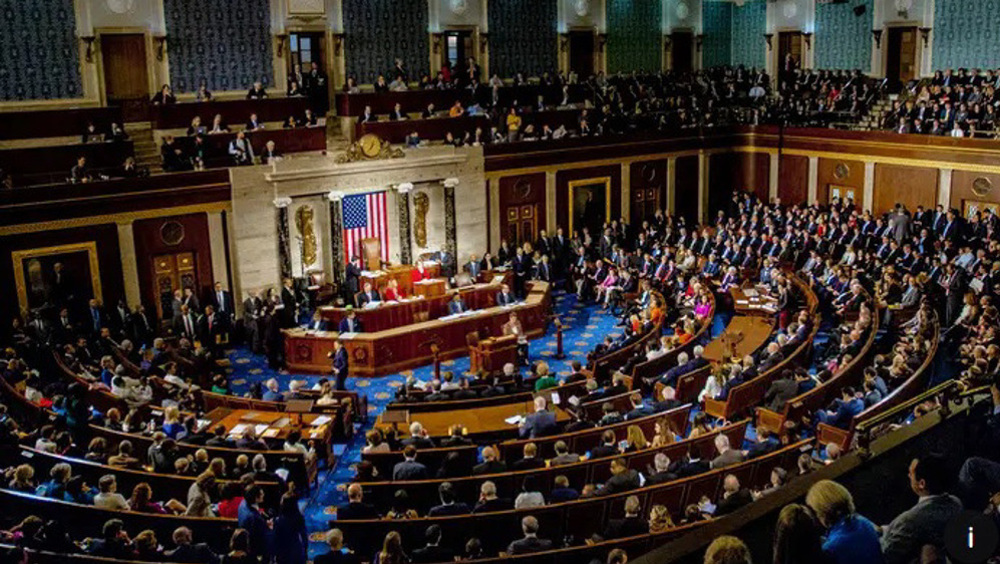



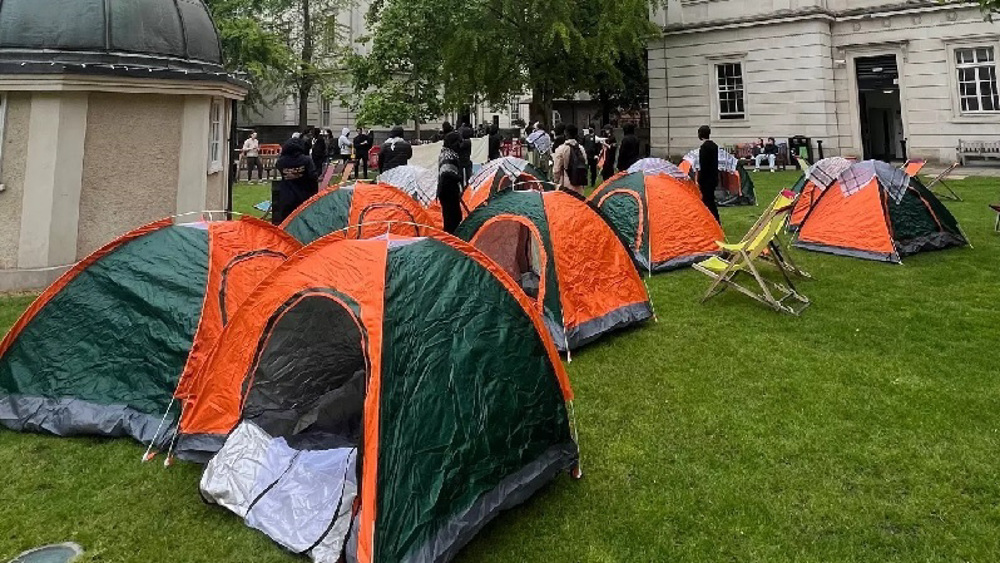
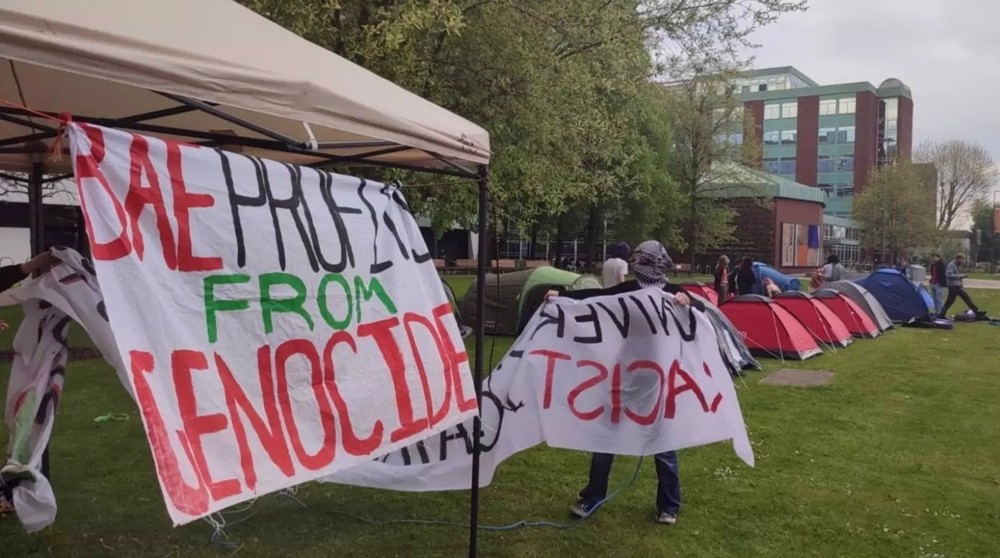
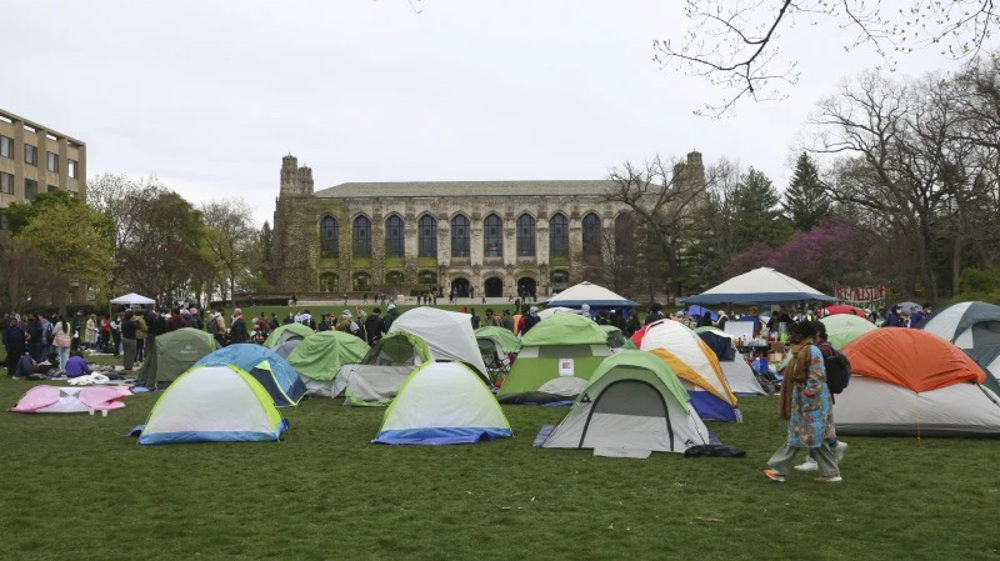

 This makes it easy to access the Press TV website
This makes it easy to access the Press TV website